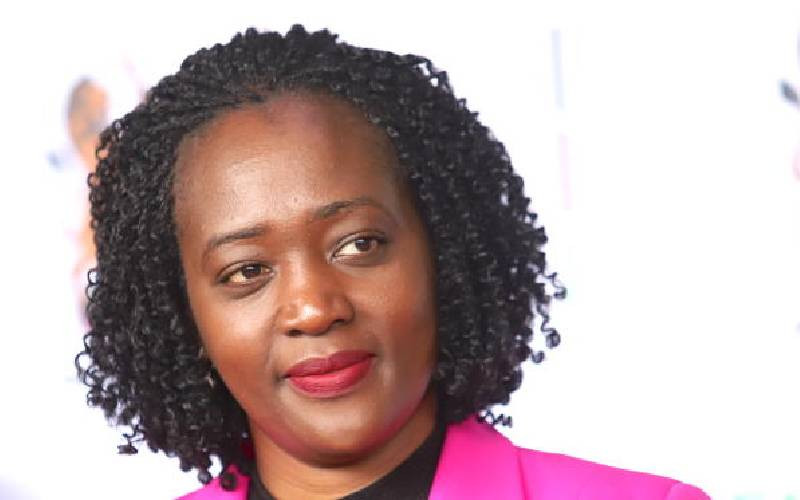×
The Standard e-Paper
Join Thousands Daily

Environment and Forestry Cabinet Secretary Soipan Tuya served as a Member of Parliament for 10 years before being appointed to the Cabinet by President William Ruto.
She tells The Standard she has adjusted to her position, is ready to champion environmental conservation and is optimistic the government's plan to plant 15 billion trees in 10 years will be achieved.